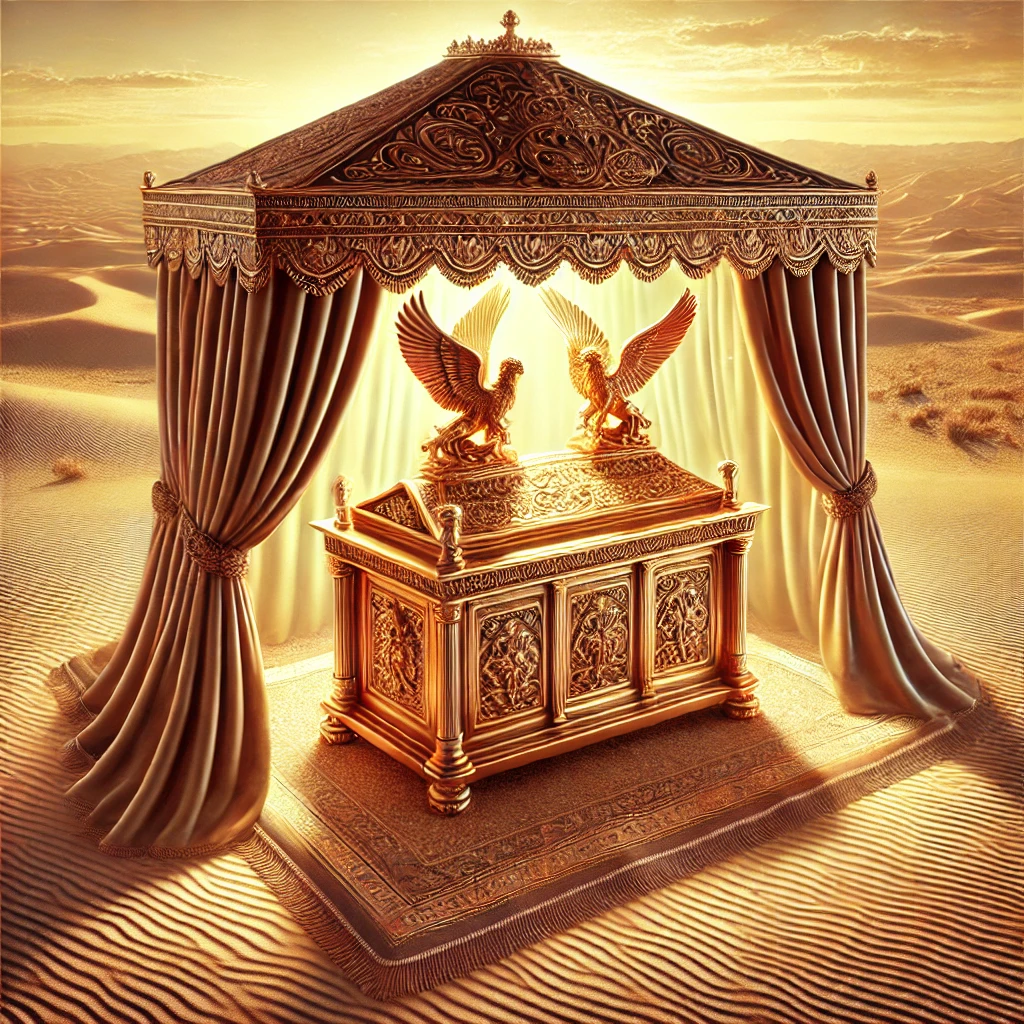Torah

What is the Torah?
The Torah is the Hebrew name for the first 5 books of our Bible: Genesis, Exodus, Leviticus, Numbers, and Deuteronomy. It was Moses, who received the Torah from God, on Mt. Sinai, around 1400 BC. while leading the Israelites out of their bondage in Egypt, Moses received all of the first 5 books of the Old Testament, when he went up the mountain several times to meet with God.
In todays bibles you will not see the word “Torah”, instead you will see the word “Law” used, which is unfortunate. The word Torah does not mean law, it means, “instructions” or “teachings”. The change from Torah to Law happened when the scriptures were translated into Greek.
Torah - Five books of Moses
- Genesis
- Exodus
- Leviticus
Leviticus (“Vayikra”) is the third book of the Torah. It mainly focuses on the rules for sacrifices in the Mishkan (Tabernacle), a temporary place of worship set up in the desert. The book also covers topics like impurity and purification, Yom Kippur, festivals, forbidden relationships, food laws, and different ethical and farming laws. Even though it talks about a lot of different things, the common theme throughout the book is the idea of holiness in people, time, and place.
- Numbers
Numbers (“Bamidbar”) is the fourth book of the Torah. It tells the story of the Israelites’ 40 years of wandering in the desert, starting with a census and preparations to enter Israel. The book goes on to describe a series of complaints, sins, punishments, and a failed rebellion. It also includes various commandments and ends with a list of the places the Israelites traveled and the borders of Israel.
- Deuteronomy
Written Law
The written law, the Torah, are scriptures found in the Old Testament, that Moses received from God when he went up the mountain several times to meet with God. In the Bible, the laws were written down on stone tablets under the Old Covenant, and in the New Covenant the laws are written on our hearts and minds. More on Old vs New Covenant – here.
Ark of the Covenant
The Ark of the Covenant is a sacred object mentioned in the Old Testament of the Bible. It is described as a wooden chest covered in gold, which held the stone tablets with the Ten Commandments inscribed on them. The Ark was constructed by the Israelites under God’s command during their time in the desert for 40 years and was later placed in the Holy of Holies in the Temple of Jerusalem. Moses was given specific instructions on how to store the tablets in a ark (Exodus 25:10-16). The Ten Commandments represent the core from which the other laws within Torah come from.
Oral Law
Firstly, the Oral law, the Oral Torah, are Not scripture. Over time the Jews started use the word torah and law, to apply to other non biblical text and commentary, that you will find in Judaism today, called the talmud. The two books that make up the Jewish Oral Law are the Mishnah and the Gemara; together, they make up the Talmud, which is the primary books of the Oral Law in Judaism.
This is the foundational text, a collection of laws and interpretations of the Written Torah compiled by Rabbi Judah ha-Nasi around 200 CE.
When Yeshua was rebuking the Pharisees in the New Testament about the law and commandments, He was addressing the Oral laws and man made commandments, Not the Law of God, given to Moses which was first 5 books of the Old Testament, the Torah.
Old Testament
The Old Testament is a term commonly used by Christians to refer to the first part of the Bible. However, the Hebrew Bible is not called the “Old Testament”. Instead, it is known as the Tanakh. It’s an acronym for the three main sections of the Hebrew Bible: Torah (Five books of Moses), Nevi’im (Prophets) and Ketuvim (Writings). Tanakh is an invented word: it takes the T from Torah, the N from Nevi’im, and the K from K’tuvim adds a couple of vowel sounds and presto. Tanakh. The Old Testament consist of 39 books in the Christian bible and 24 books in the Hebrew bible. The Tanakh and the Old Testament are exactly the same thing, except in some cases the books are arranged in slightly different order. At some point they began referring to ANY of the holy scriptures as Torah. So, the original Torah from Moses was “Torah”, and all the newer scripture was also referred to as “Torah” as well.
Oh, how I love your Torah! I meditate on it all day long.
Psalms 119:97
Lets Recap
The Tanakh, which is sometimes called the Hebrew Bible, is simply another name for our current Old Testment. The Torah the first 5 books of the Tanakh (Old Testament) which was given to Moses by God. The Talmud is NOT Holy Scripture, but rather a collection Jewish religious commentary.